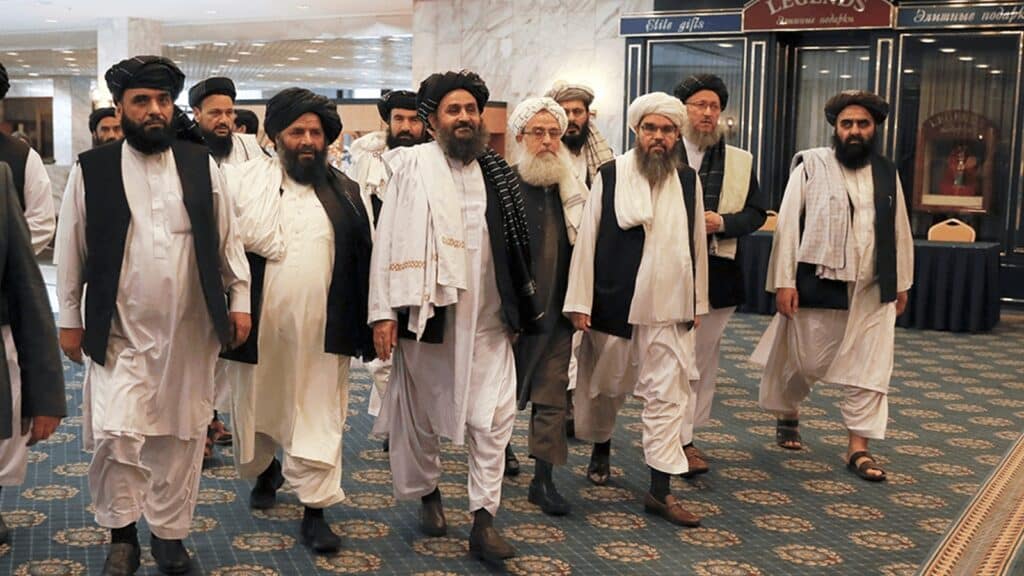In a striking move that highlights internal distrust and growing insecurity, the Taliban government’s Security Commission has issued a strict directive ordering all officials—senior and junior alike—to immediately relocate their families to Afghanistan or face removal from their posts.
The directive, which has caused unrest within the Taliban ranks, reflects the regime’s growing frustration over the fact that many of its top leaders continue to keep their families safely settled in neighboring Pakistan, years after the group seized control of Afghanistan.
Despite repeated appeals and the Taliban’s public posturing of a “secure and stable Afghanistan,” key figures such as Foreign Minister Amir Khan Muttaqi, Interior Minister Sirajuddin Haqqani, and senior official Abbas Stanikzai have reportedly kept their families in Pakistan. Some are said to be running businesses and living comfortably there—openly defying Taliban orders to return.
Analysts say the refusal of top Taliban leaders to bring their families back is a stark admission that even they do not believe in the long-term safety or stability of their own regime. This behavior has sparked outrage within Taliban ranks, with growing concerns that the leadership’s reluctance signals deeper doubts about Afghanistan’s future.
While the Taliban project strength through rigid control and harsh crackdowns, this latest internal directive exposes a key contradiction: those in power are unwilling to subject their own families to the very system they claim to have stabilized.
The Taliban’s insistence on relocating families may also reflect a fear of external influence or internal betrayal—but it undeniably exposes how little confidence even senior Taliban officials have in the state they govern.
This development raises critical questions about the legitimacy and durability of the Taliban regime, as it becomes increasingly evident that the very people running the government aren’t willing to bet their families’ futures on it.





